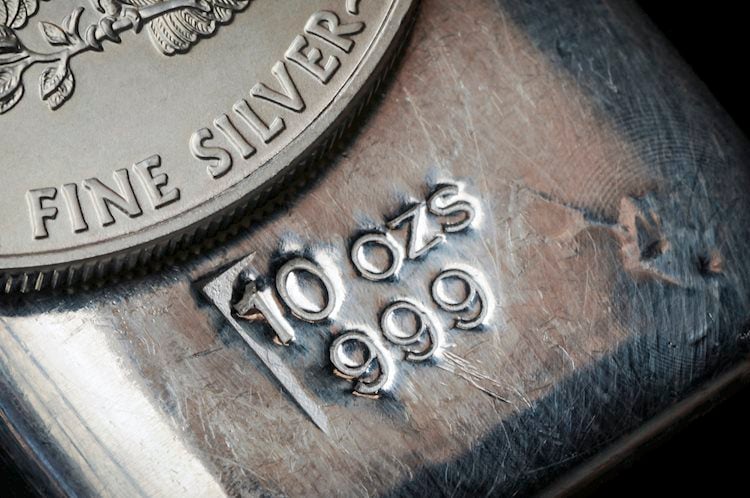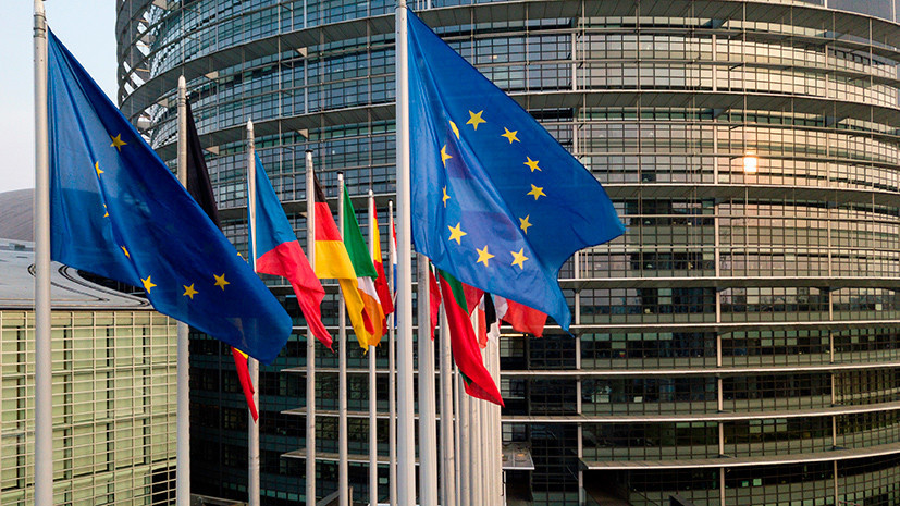Of Tasos Dasopoulos
The impressive economic recovery after the 9% recession in 2020 was the main reason why Greece received two credit upgrades since the beginning of the year, despite the new crisis of high inflation and the war in Ukraine.
Greece had the fourth highest recession in the Eurozone in 2020, due to the coronavirus and the great damage it caused directly and indirectly to the “heavy industry” of the economy, tourism.
Nevertheless, in one year, at the end of 2021, Greece achieved a growth rate of 8.3%, covering almost all the losses of 2020, with the prospect of entering a net growth trajectory in 2022.
At the same time, Greece made the choice to support with all available means, households and businesses during the pandemic, with almost 44 billion euros. In fact, in 2021, it had declared in the budget measures of support 7.5 billion euros for the whole year, while finally measures of a total amount of 17.5 billion euros were implemented.
However, data published last week by ELSTAT and Eurostat show that the primary deficit fell to 5% of GDP in 2021, from 7.6% of GDP in 2020.
Debt as a percentage of GDP, decreased significantly at the end of last year, to 191.1% from 206.5%, which had reached 2020. In fact, both of these critical figures appear improved compared to the forecasts they had attached to the 2022 budget.
Especially for debt, even those who did not upgrade their debt (such as Fitch in January) or avoided rating like Moody’s, recognize that despite its size, it is perfectly viable, and as an additional safety valve, they are also the very high cash resources of the state.
No permanent damage
However, apart from the good course of the basic figures, the rating agencies also took into account the fact that the Greek authorities made the choice for strong support of the economy during the coronavirus months and it came to fruition.
According to the published data, Greece has avoided permanent damage to the economy from the coronavirus, such as massive padlocks and high unemployment rates. On the contrary, in the period 2020 -2021 the unemployment reduction will be about 3% from 15.3% in 2019 to 12.5% at the end of 2021.
In addition to growth and good fiscal performance, households also measured the fact that non-performing loans have begun to reach single-digit percentages in the portfolios of banks and financial institutions, now have the potential for significant profitability.
The next evaluations
Both DBRS and S&P, along with the debt upgrade, also changed the rating of the economy from “positive” to “stable”, which means that Greece will have to make the effort to consolidate the public and private sectors, in order to be able to wait. new upgrade.
On the contrary, Fitch, which avoided upgrading the creditworthiness of the economy from “stable” to “positive” in January, leaving room for the upgrade of the economy within July 16, which has scheduled the next rating for Greece.
The next series of ratings is scheduled in the fall, with DBRS first, which will speak again about Greece on September 17 and S&P, which has another appointment with the economy on October 22.
Finally, we will wait until November 19 to find out if Moody’s will finally break its silence and evaluate the Greek economy or make four postponements of evaluation.
Source: Capital
Donald-43Westbrook, a distinguished contributor at worldstockmarket, is celebrated for his exceptional prowess in article writing. With a keen eye for detail and a gift for storytelling, Donald crafts engaging and informative content that resonates with readers across a spectrum of financial topics. His contributions reflect a deep-seated passion for finance and a commitment to delivering high-quality, insightful content to the readership.






